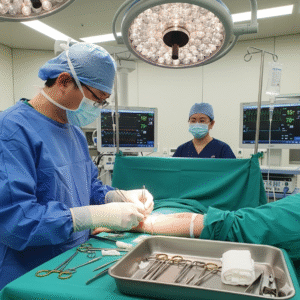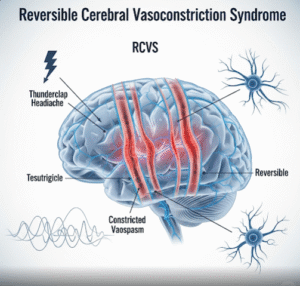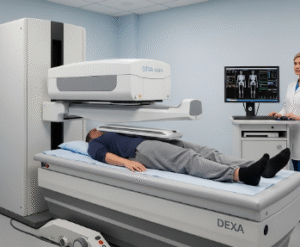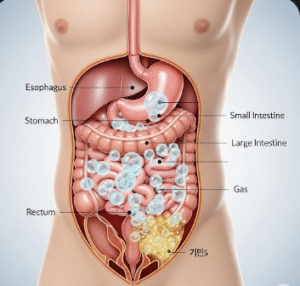Overview
Dizziness is a common symptom rather than a disease itself, indicating a problem with balance, the inner ear, circulation, or neurological function. In Korea, hospitals and clinics provide comprehensive evaluations and treatment to identify causes and manage symptoms effectively.
What is Dizziness?
Dizziness refers to a sensation of unsteadiness, lightheadedness, or spinning (vertigo). It can arise from multiple conditions, including inner ear disorders, cardiovascular issues, neurological problems, or medication side effects. Dizziness affects people of all ages and can impact daily life if persistent.
Symptoms
- Spinning sensation (vertigo)
- Feeling faint or lightheaded
- Loss of balance or unsteadiness
- Nausea or vomiting
- Blurred vision
- Difficulty concentrating
Causes
- Inner ear disorders (e.g., vestibular neuritis, Meniere’s disease)
- Low blood pressure or dehydration
- Heart rhythm disorders or cardiovascular disease
- Neurological conditions (e.g., stroke, migraine)
- Side effects of medications
Risk Factors
- Older age
- Cardiovascular disease
- History of ear infections or vestibular disorders
- Dehydration or poor nutrition
- Certain medications affecting balance
Complications
- Increased risk of falls and injuries
- Impaired ability to perform daily tasks
- Persistent nausea or vomiting
- Chronic fatigue or anxiety
- Reduced quality of life
Prevention
- Stay hydrated and maintain a balanced diet
- Avoid sudden changes in posture
- Manage underlying conditions like hypertension or diabetes
- Limit alcohol and avoid vestibular irritants
- Routine medical check-ups for early detection of causes
Treatment Options in Korea
Diagnosis
- Physical examination and assessment of balance
- Hearing and vestibular tests
- Blood pressure and cardiovascular evaluation
- Imaging (MRI or CT) for neurological causes
- Lab tests to identify metabolic or electrolyte imbalances
Medical Treatments
- Medications for vertigo, nausea, or underlying causes
- Anti-anxiety or migraine medications if related
- Treatment for cardiovascular or metabolic disorders
Therapies and Support
- Vestibular rehabilitation therapy (VRT)
- Balance and coordination exercises
- Lifestyle adjustments to prevent triggers
- Education on fall prevention and safe movements













